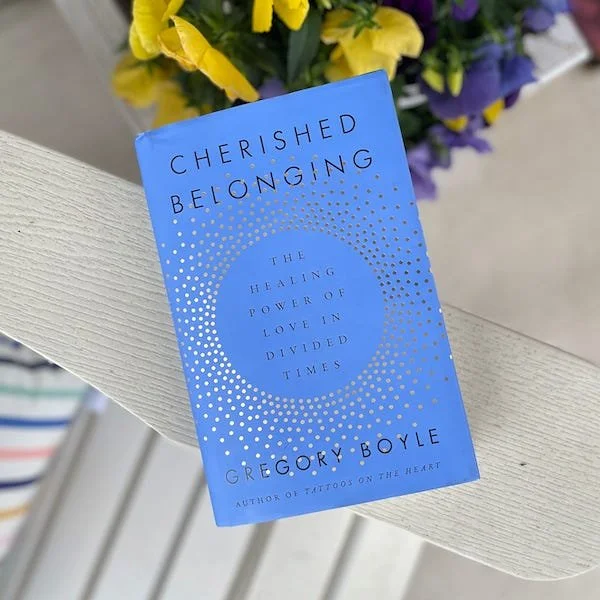Since we are all One, remember that when you deny others peace, love, forgiveness and joy – you are denying them to yourself.
James Blanchard Cisneros
Blog
On November 28th we once again hosted our annual Write for Rights event in London! Beginning in Poland as a letter writing marathon to advocate for human rights in 2001, Amnesty International’s event has since grown into a global movement. These letters are sent to government officials across the globe to call for the end of unjust imprisonments, violence, and other human rights violations. Having been long supporters of Amnesty International, the Sisters of St. Joseph have been hosting their own Write for Rights events in London for over a decade.

Image: Marc Ignacio/Unsplash
This year we lost three vocal supporters of Amnesty International. Our dear Sisters Jean Moylan, Olga Barilko, and Nancy Wales are all remembered for their kindness and compassion to those facing hardship in all walks of life. While it was difficult to focus on the wider world with our own hearts still heavy with grief, it is in Sister Jean, Sister Olga, and Sister Nancy’s memory that we continue to advocate for human rights for all.
In 2025, we focused on three cases highlighted by Amnesty International: the Guerreras por la Amazonía climate defenders in Ecuador, Damisoa and the displaced people of Madagascar, and Sonia Dahmani, a lawyer and media commentator in Tunisia charged for exercising her right to freedom of expression. To champion these three individuals, the Sisters and staff in London gathered 170 petition signatures and wrote 187 letters of advocacy and support.
Words have the power to change!
-Sarah Morrison & Rhiannon Allen-Roberts | CSJ Staff
Pictured below: Sisters Anne, Joyce, Elaine, Teresa and Mary Raphael, and Susan -Writing for Rights.

I am reading the book Cherished Belonging by Jesuit priest Gregory Boyle. For over 30 years he has worked with street gangs in Los Angeles in what is called Homeboy Industries. They provide support in trauma and employment in their social enterprises which include electronics and recycling, homegirl café, homeboy bakery, catering, silk and embroidery work to name a few. Mostly, they are laser focused on belonging as the prime mover in edging people closer to wholeness.
Belonging [and not belonging] is a primal experience in our bodies, in our minds and in our spirits. It cuts across every form of relationship possible: belonging to my family and friends, to my neighbourhood, to my country, to Earth herself and ultimately belonging to myself. This sense of belonging is one thing we mean by the phrase experiencing the Sacred in life.
And yet one might use the lens of not belonging as a way to describe the violence of our time, the polarization of our time, the dislocation from oneself of our time.
As we begin this new year that many of us hope will not be simply “more of the same”, perhaps the lens of belonging will reveal something new to us.
Looking for a good read - try Cherished Belonging.
-Sister Margo Ritchie, csj